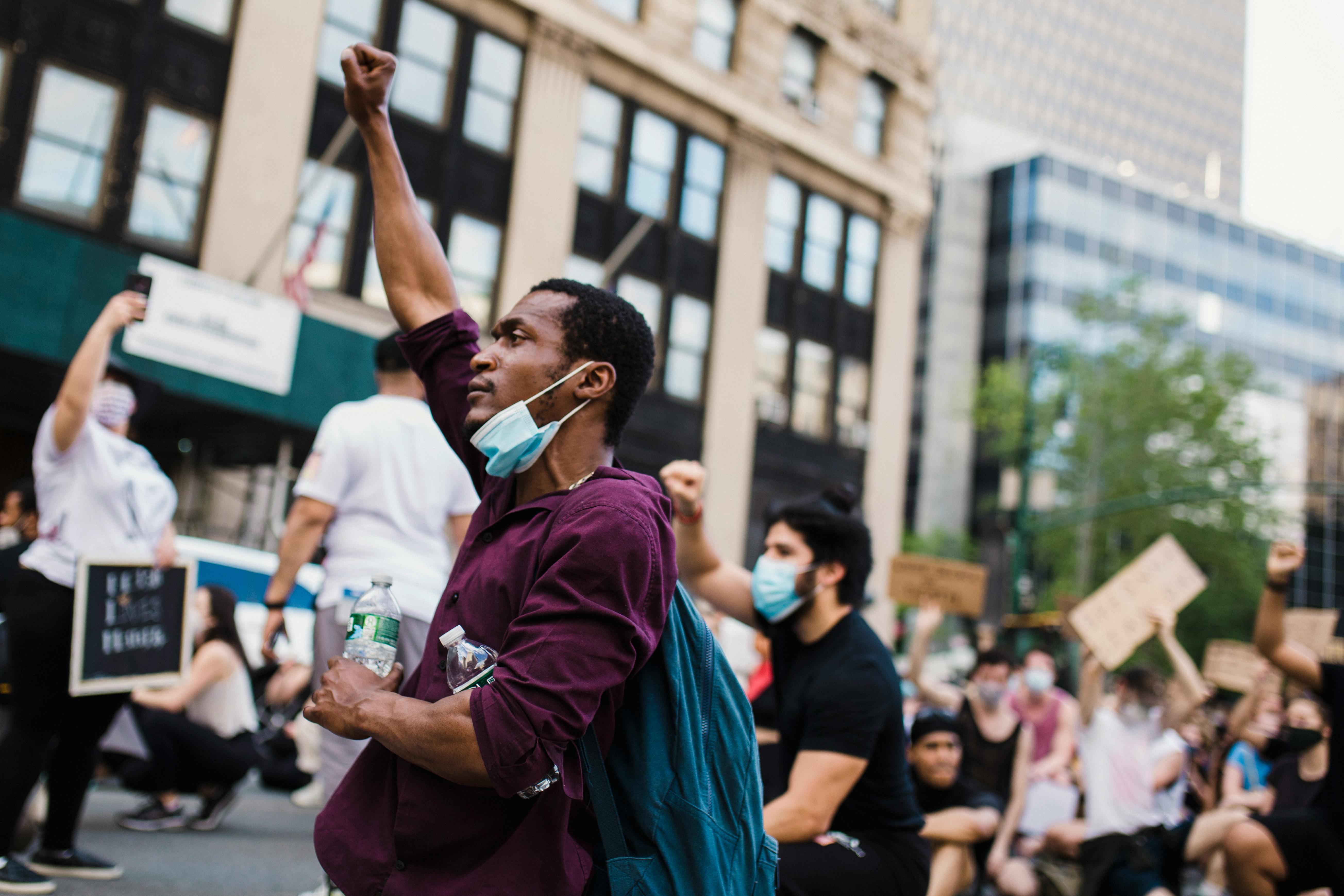The American Cancer Society states that one in three new cancer diagnoses in men is prostate cancer. In 2007, 220,000 people were diagnosed with prostate cancer and it is estimated that there were more than 30,000 deaths from the disease. Prostate cancer is the leading cause of death among men over the age of 85. An average of 1 in 6 men will be diagnosed with prostate cancer during their lifetime, and an average of 1 in 35 men will die. The five-year survival rate for prostate cancer has increased from 67% in the 1970s to 92% in the 1990s. Despite the survival rate, however, prostate cancer remains the second leading cause of cancer death in men, after lung cancer. In the United States alone, prostate cancer accounts for 11% of all cancer deaths.
Most all prostate cancer diagnoses are discovered with a PSA test. PSA stands for Prostate Specific Antigen which is present in the bloodstream where cancer cells grow. The primary treatment of prostate cancer for most patients consists of surgery or radiation therapy. Although these operations are adequate for permanent control of the disease in many patients, a significant number of people will relapse and develop metastases, especially if the disease is treated too late. Radical prostatectomy (removal of the prostate) is the most common therapy used to cure prostate cancer. However, 1/3 of patients will develop a biochemical recurrence. Biochemical recurrence occurs when the prostate specific antigen (PSA) increases in the blood level. Of these patients, one third will develop metastases within 8 years of the initial PSA elevation, and half of them will die 5 years after the development of metastases.
Patients who have undergone primary cancer treatments with curative intent with biochemical recurrence have limited treatment options. One option is hormone therapy. However, hormonal ablation is associated with health problems and quality of life effects, such as fatigue, hot flashes, loss of libido, decreased muscle mass, and osteoporosis (loss of bone mass). Although hormone therapy can prolong a relapse, prostate cancer has been known to become independent of hormones and therapy does not work. Strategies to delay the clinical progression of prostate cancer and prolong the interval from treatment failure to hormonal ablation would be desirable.
The good news is that epidemiological studies and basic scientific evidence strongly suggest that diet and plant-derived phytochemicals may play an important role in preventing or treating prostate cancer. African-American men have the highest rate of prostate cancer in the world, while Japanese and Chinese men who live in their country and eat foods low in fat and high in fiber, such as soybeans and the phytochemical in green tea, have the lowest rate. Studies suggest that eating a diet rich in phytochemicals that includes fruits and vegetables reduces the risk of cancer. Fresh and processed foods that contain high levels of a wide range of phytochemical types like polyphenols, anthocyanins, and flavonoids make up a large proportion.
